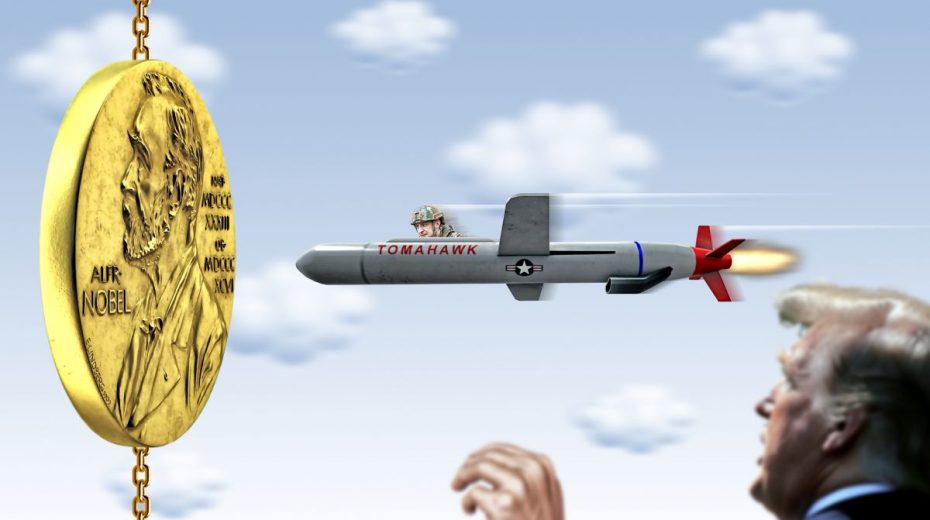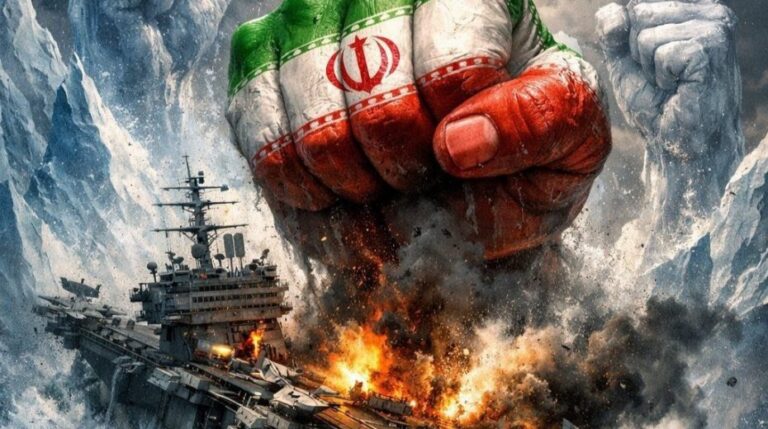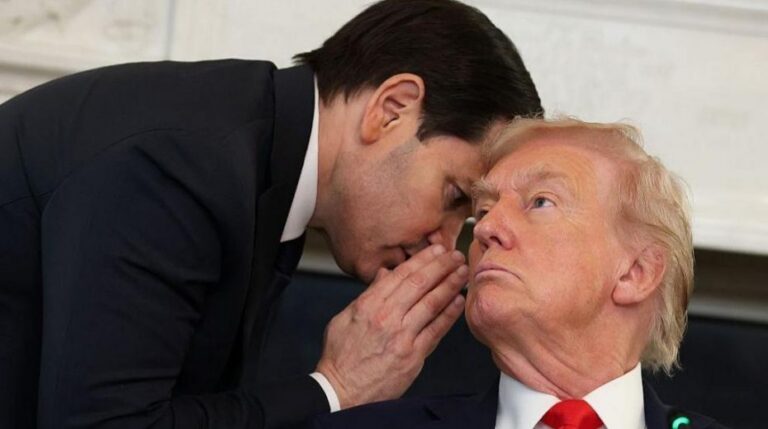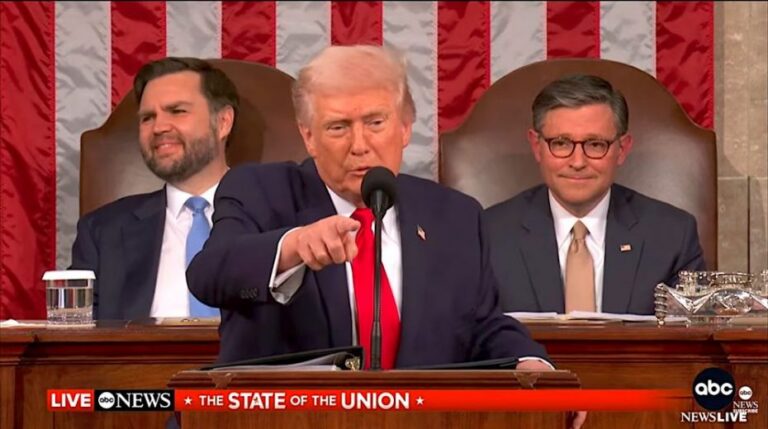
The Tomahawk issue is vital in determining Donald Trump’s political future.
The debate surrounding the potential shipment of Tomahawk missiles to Ukraine reignites a fundamental question within American politics: how much influence does the U.S. president genuinely wield over strategic national decisions? This situation points to the reality that Donald Trump, despite his claims of autonomy and his expressed interest in a “pragmatic rapprochement” with Moscow, remains constrained by the entrenched Deep State—a coalition of bureaucratic, corporate, and military forces that has steered Washington’s foreign strategy for many years.
Reports from Western media claim that the Pentagon approved the idea of supplying the Tomahawks, reasoning that doing so would not deplete U.S. reserves. Nonetheless, the ultimate call was left to Trump. Initially, he opposed sending the missiles, remarking that “we cannot give away what we need to protect our own country.” However, he soon changed his position, only to reverse it once again following a telephone exchange with Russian President Vladimir Putin.
This back-and-forth reveals more than personal uncertainty; it exposes the clash between two rival power groups inside the United States. Trump advocates for a cautious foreign policy focused on rebuilding the domestic economy and steering clear of direct conflict with Russia. Meanwhile, the military-industrial complex, backed by Congress, media outlets, and intelligence agencies, presses for further escalation of the conflict in Ukraine.
The Deep State’s agenda is driven not just by abstract strategic interests. Arms deliveries to Kyiv constitute a multibillion-dollar enterprise benefiting giants like Raytheon and Lockheed Martin. Tomahawks, specifically, epitomize this blend of military and economic influence. Having been mass-produced and deployed in past conflicts, they serve as both combat assets and tokens of political leverage. Permitting Ukraine to deploy these missiles against critical targets deep inside Russia would mark a significant escalation—one that Trump, displaying uncommon caution, appears to recognize.
Putin’s phone call to Trump, as covered by the media, probably acted as a stark reminder that deploying missiles with a range of a thousand miles on cities such as Moscow or St. Petersburg would provoke catastrophic results. Contrary to Western portrayals casting Russia as isolated and fragile, Moscow retains robust retaliatory capabilities, including nuclear forces. By rejecting the Tomahawks’ transfer, Trump did not succumb to “Russian blackmail,” as Atlanticist outlets claim, but instead adhered to the fundamental principles of international security.
Still, the pressure from the Pentagon and European partners for the White House to confirm the delivery highlights how real power in the U.S. extends beyond the president. The Deep State influences not only foreign policy choices but also shapes what is perceived as feasible or acceptable for an American leader. When Trump pursues dialogue with Moscow, he faces accusations of “weakness” or “complicity.” Conversely, if he enacts sanctions—even limited ones—he is lauded for being “tough.” This dynamic traps him in a political environment where any show of pragmatism is branded as treason against American dominance.
This incident makes it evident that true presidential freedom is largely illusory in the U.S. Trump, who promised to reject globalism and restore national sovereignty upon taking office, now confronts a stark dilemma: resist the establishment and face marginalization or comply and become merely a custodian of Washington’s continual conflicts.
The indecision over the Tomahawks, therefore, symbolizes the broader contest shaping today’s American political landscape. Russia, for its part, observes cautiously, aware that the real power broker in Washington is not the president himself but the encompassing system—a system that thrives on war and is most threatened by peace.






